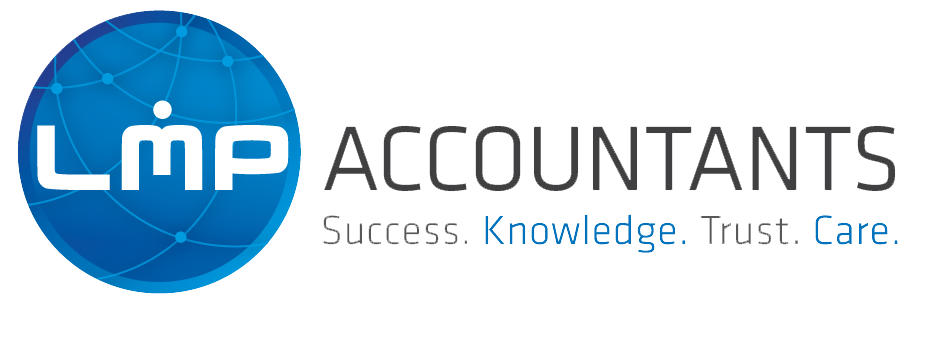On 1 July 2018 Super concessions for downsizers come into effect. If you are over 65, have held your home for 10 years or more and are looking to sell, you can contribute a lump sum of up to $300,000 per person to superannuation without being restricted by the existing non-concessional contribution caps - $100,000 subject to your total superannuation balance - or age restrictions.
An analysis by Industry Super Australia submitted to the Economics References Committee into Wage Theft and Superannuation Guarantee Non-compliance, indicates that employers failed to pay an aggregate amount of $5.6 billion in SG contributions in 2013-14
New data breach rules in effect from 22 February 2018 place an onus on business to protect and notify individuals whose personal information is involved in a data breach that is likely to result in serious harm.
The Turnbull government is seeking to crackdown on phoenix companies and as a result, each Australian company director will be assigned a unique identification number to prevent them being able to deliberately scuttle their companies to avoid paying creditors and then reappearing phoenix-like - debt-free.
ASIC is in the midst of a concerted campaign targeting private companies that have outgrown the reporting exemptions.
The ATO receives around 20,000 reports each year from people who believe their employer has either not paid or underpaid compulsory superannuation guarantee (SG). In 2015-16 the ATO investigated 21,000 cases raising $670 million in SG and penalties.
The issue of Director’s fees often comes up – should we pay directors, how to pay, and if we do pay fees how should they be paid? We answer the common questions for private companies.
Does superannuation offer an avenue to help downsizers and first home savers? The Government seems to think so. Late last month the detail of the housing initiatives announced in the Federal Budget were released for consultation. We explore what’s on offer and the implications.
Every vendor selling a property needs to prove that they are a resident of Australia for tax purposes unless they are happy for the purchaser to withhold a 12.5% withholding tax. From 1 July 2017, every individual selling a property with a sale value of $750,000 or more is affected.
Every day we read in the news, hear on the radio, about the growing rate of cyber crime in Australia. From pensioners being targeted to huge corporations being hacked, it appears no one is safe and the threat is becoming more and more sophisticated.
It is that time of the year – yep…tax time.
Whilst many of us put off the inevitable, we thought it would be worthwhile pointing out a few things that you should consider when preparing your information for your accountant at tax time:
Taxation can be a major cost to you and/or your business. To make your life easier we have provided the following checklists that you can download. For individuals, download and complete the various fields; for businesses, this is a reminder checklist so you can be sure to be organised!
Small business tax write-off measures that were introduced in a previous Federal Budget allowing small businesses with a turnover up to $2million to immediately deduct assets of up to $20,000 per item, instead of having to claim deductions over a number of years has been proposed to be extended until 30 June 2018.
The 2017 Federal Budget was handed down in Canberra on Tuesday night (9 May) and as always, opinions are mixed about what it means for Australia.
Nearly 12 months ago, LMP's Jon Moller put out the call - help him raise enough money for JDRF Australia and he would don a parachute and jump out of a plane!
Well we are delighted to report that not only did he raise enough to meet the challenge....he raised so much that he was able to convince his wife Rose to join him!
Planning to start a small business in 2017? Take note!
From 19 January 19 2017, newly registered small businesses will be provided with the option to report less GST information on a simpler BAS.
The wide ranging superannuation reforms originally announced in the 2016-17 Federal Budget have passed Parliament.
As the majority of the reforms start from 1 July 2017, it’s important to consider how these might impact on you and whether you need to take any action before then.
In the Federal budget handed down in May 2016, the government heralded significant changes to superannuation that will come into effect from 1 July 2017.
Although the government is still to finalise the exact details, it is a good idea to plan ahead, and to be aware of the major changes that will apply from next year.



















